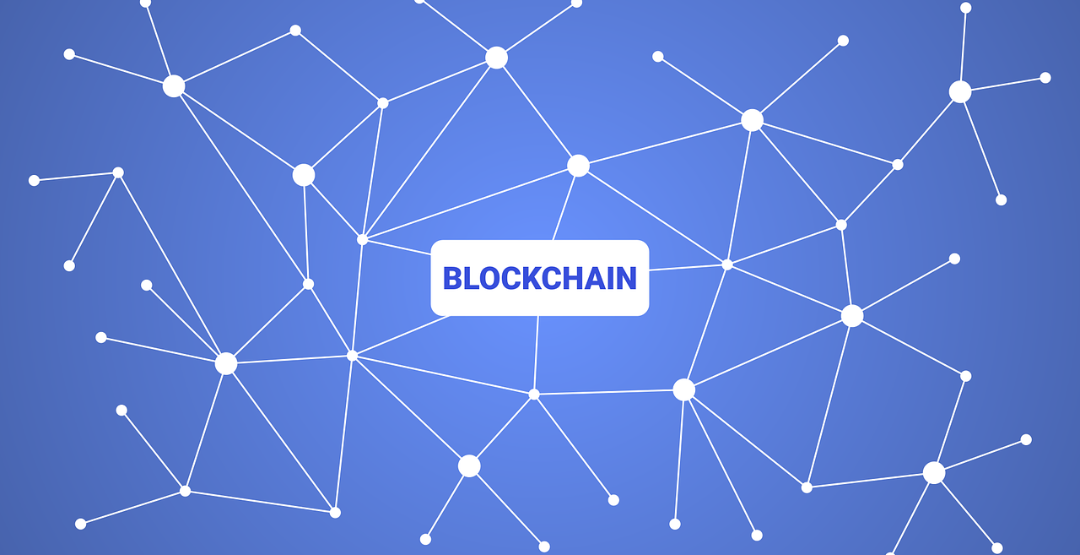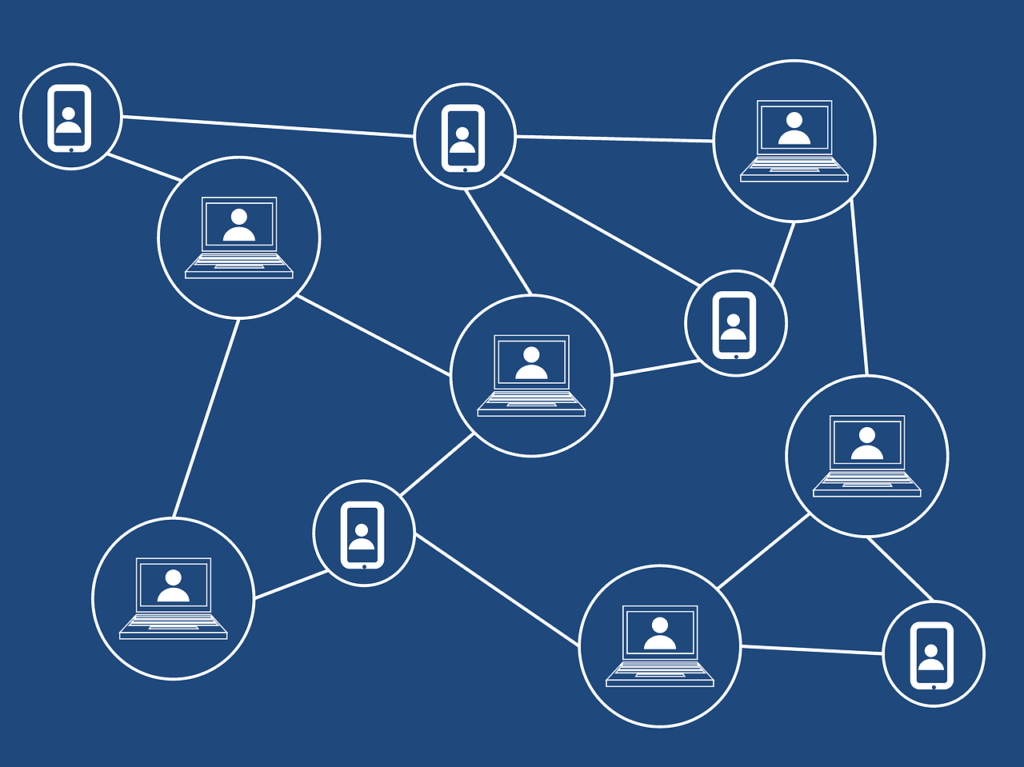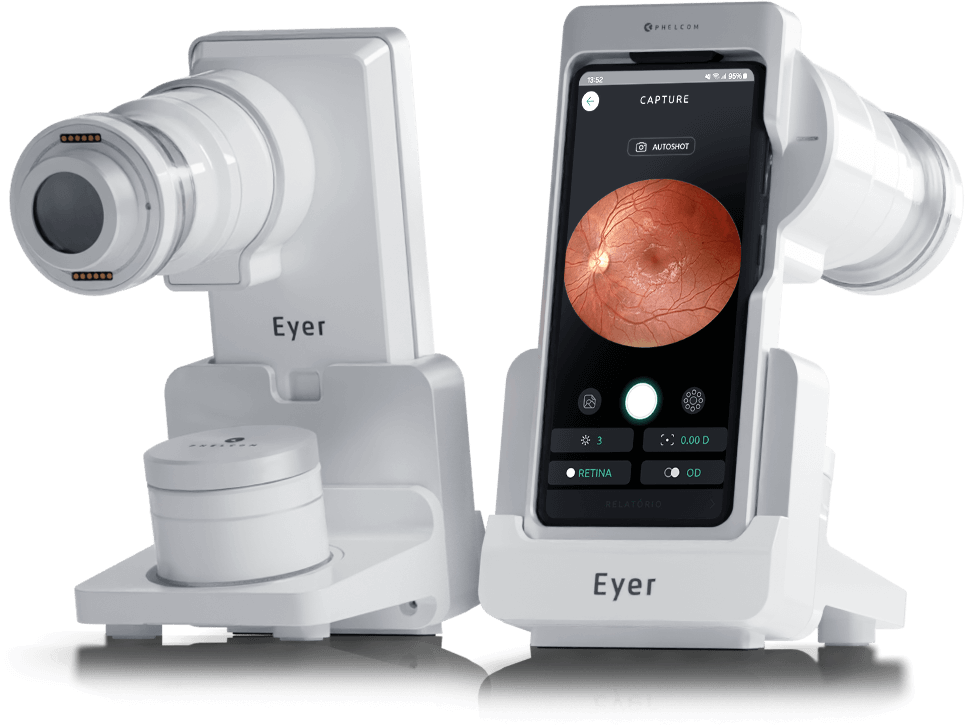Have you heard of blockchain in health? This technology is an incorruptible, decentralized and transparent data security system. It has a robust encryption that hides the IDs both from the users and owners of the information. In addition, it can only be validated by consensus and cannot be changed by a single person, without authorization of the others.
One of the key benefits of this industry is superior protection of the large amount of data. It grows stronger with the General Data Protection Regulation (GDPR). Learn more about blockchain and its promising possibilities of use in the field of health.
What blockchain is
Blockchain emerged approximately 10 years ago as an ultra secure and flawless security tool for conducting financial transactions with cryptocurrencies (digital currency) such as Bitcoin. Currently, it is evaluated as the technology with the greatest impact on the digital revolution since the appearance and popularization of the internet.
The decoding tool is based on a data structure known as a “blockchain”. Each of them has transactions with a certain number of information which only authorized people can access, change or view. Information is validated only by consensus.
It is completely private, as it hides the identification of the user and the owners of the information through complex codes due to powerful encryption. This blocks the access of unauthorized people and makes the information almost impossible to leak.
This, therefore, is the great difference of blockchain in relation to other data security systems.
It is widely used in security software and companies in various industries are already using its advantages for other purposes, such as: certification and authenticity of documents, registration of contracts and intellectual property.
In healthcare services, healthtechs have already used blockchain in solutions such as cloud data storage, where it is possible to share everything from medical research to patient information.
Blockchain in Health: key advantages
Undoubtedly, the main advantage of using blockchain in healthcare is the superior data security compared to other systems. For example, each person or institution involved in the process has an access key that decodes the information. Only the patient can allow access to his/her data. This way, he/she becomes the “guardian” of his/her own medical information. All this in an agile and non-bureaucratic way.
It enables access to the complete history of the patient and provide care in a more assertive way. For example, get more accurate diagnoses and direct to more effective treatments.
Professionals can also obtain clinical trials and new research more simply and quickly. For example, decentralized studies, done in several countries and still in secrecy, can be the data entered into a tool with blockchain and shared only with people of interest.
Other possible benefits are to control and track hospital and pharmaceutical supplies, even more so with legislation that imposes several transport and storage rules. It can also decrease problems with false drug supply.
This technology is useful to monitor diseases and predict possible epidemics.
Finally, it can be applied to pricing and payments in healthcare services. It can improve identity management, provide smart contracts, and streamline receipts with immediate transfers. For example, there are systems that allow applications to be processed in a matter of seconds instead of weeks or months.
Blockchain in health: promising tool
In fact, we can state that using blockchain in healthcare is quite promising by ensuring extreme data security, storing the patient’s medical information, and expanding access to the patient’s history, clinical trials, and still-confidential new research results.
With this, the tool can transform the industry by reorganizing operations, generating new business models, and integrating patient medical records.
Reviewed by Paulo Schor, ophthalmologist, free professor and director of innovation of the Federal University of São Paulo (Unifesp) and collaborator of the Faculty of Medicine of the Albert Einstein Hospital.
Follow the Phelcom blog and stay on top of the main news about office management!





